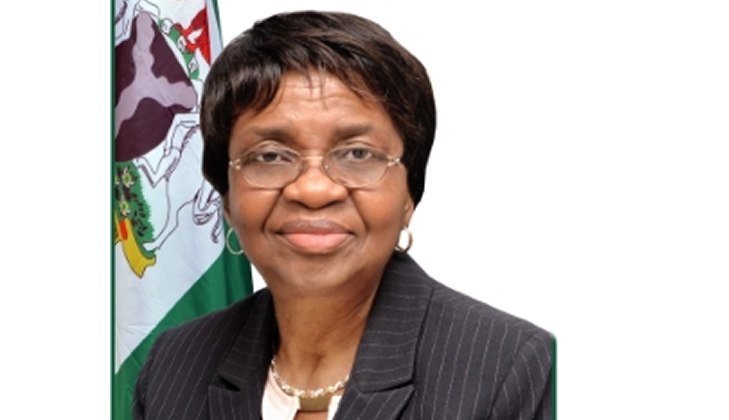The Director-General of the National Agency for Food and Drug Administration and Control (NAFDAC), Prof. Moji Adeyeye, has raised significant concerns regarding the proliferation of substandard drugs in Nigeria, addressing members of the Nigerian Association of Patent and Proprietary Medicine Dealers (NAPPMED) during a sensitization campaign in Abuja. Represented by Fraden Bitrus, the Director of Post-Marketing Surveillance, Adeyeye highlighted the urgent imperative for rigorous measures to tackle the challenges posed by substandard and falsified medical products in the country. The discussion centered around the critical need for healthcare professionals to ensure that the products they sell and distribute are both safe and effective for their communities.
In emphasizing the importance of sourcing quality medical products, Bitrus called on participants to shift their focus from profit motives to the welfare of the community they serve. He accentuated the role these healthcare providers play as key stakeholders in public health, emphasizing that their services have a direct and profound impact on the health and well-being of their communities. This message underlined the ethical obligation of the professionals to safeguard the health of the populace rather than prioritizing financial gains. Such a shift in mindset is crucial to fostering a healthier environment where patients can trust the integrity of the medications they receive.
To effectively combat the issue of falsified products, Bitrus presented several key strategies aimed at enhancing the integrity of the supply chain. Among these strategies, he stressed the necessity of sourcing from reputable suppliers and ensuring that all drugs meet the stringent regulatory standards set by NAFDAC. By advocating for due diligence in product sourcing, he laid the groundwork for a more responsible and transparent approach to medicine distribution in Nigeria. This guidance serves not only as a means to foster accountability among dealers but also as a reassurance to consumers who depend on these products for their health.
Furthermore, Bitrus called for a united front against the existence of falsified medical products within the marketplace. He reiterated the call for stakeholders to actively support NAFDAC’s mission to eliminate harmful products from circulation. This collaborative effort is fundamental to creating a safer healthcare landscape, in which the risks posed by counterfeit drugs are substantially mitigated. The emphasis on unity and collective responsibility highlights the interconnected nature of public health and the shared obligation to protect consumers from potentially dangerous substances.
Throughout the campaign, Bitrus reiterated the fundamental themes of prioritizing community welfare and fulfilling professional responsibilities. His conclusions served as a call to action for the attendees to uphold these principles within their work. By ensuring that quality products are accessible to the Nigerian public, healthcare professionals play an instrumental role in advancing the overall health standards of the nation. The campaign thus positioned itself not merely as a warning but as an opportunity for cooperative engagement in addressing a pressing and widespread issue.
In summary, the sensitization campaign was a pivotal moment for fostering greater awareness and commitment among Nigerian medicine dealers regarding the dangers surrounding substandard drugs. By focusing on community welfare over profit, encouraging responsible sourcing, and advocating for active collaboration with regulatory agencies, NAFDAC aims to create a more robust healthcare system. The Director-General and her team’s efforts underscore the crucial role that all stakeholders must play in upholding the integrity of the pharmaceutical market, ensuring that every Nigerian has access to the quality medical products they deserve. This comprehensive approach is essential for combating the growing threat of counterfeit medications and enhancing public health outcomes in Nigeria.














